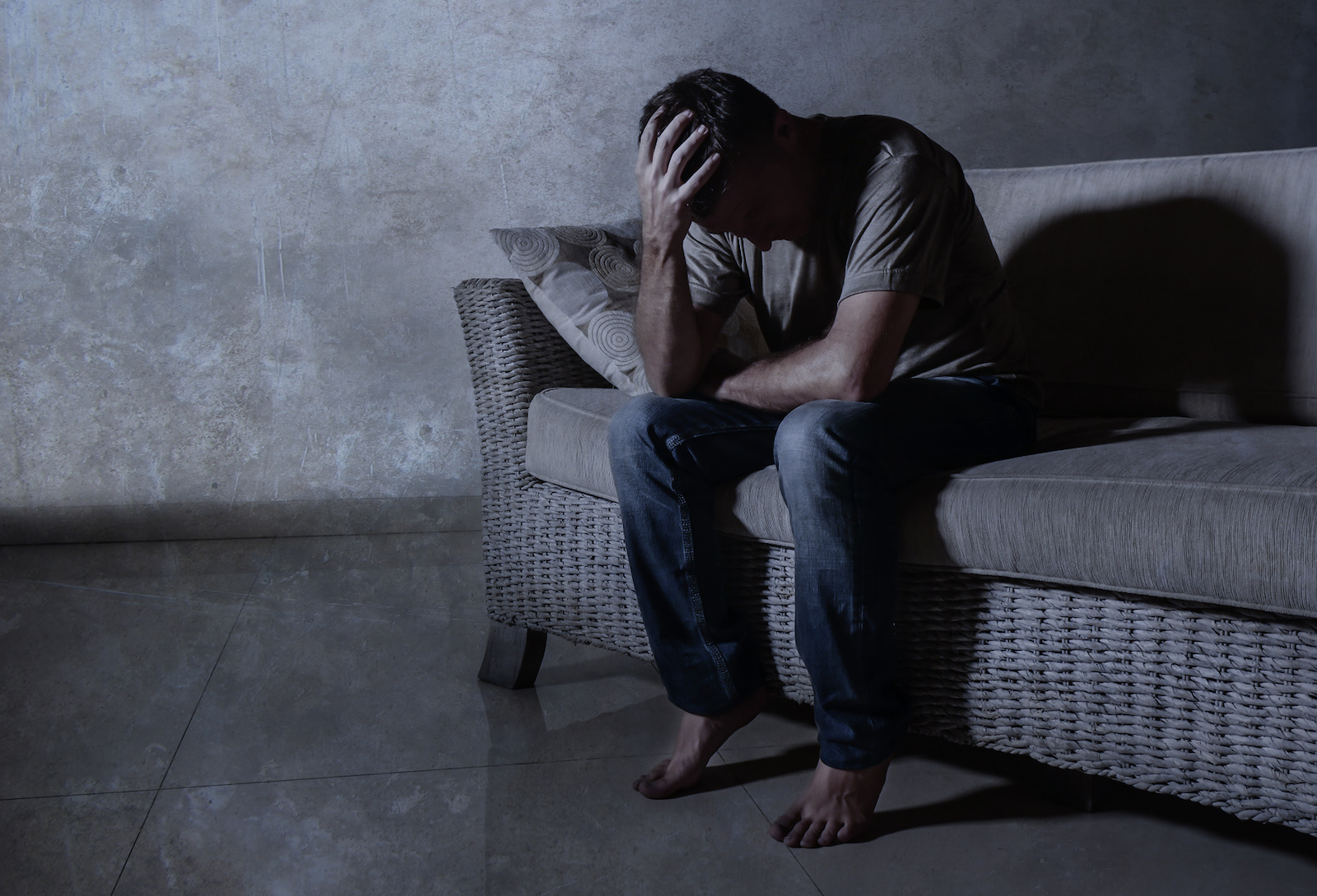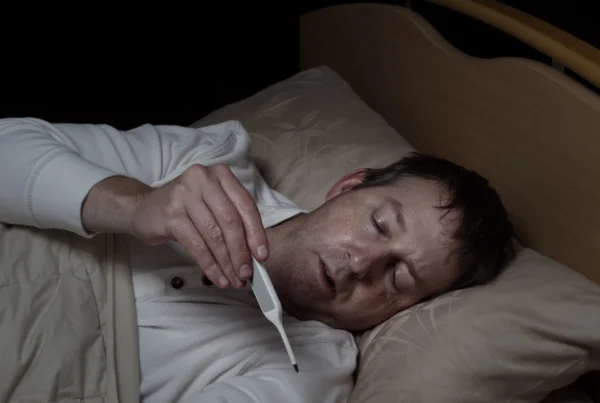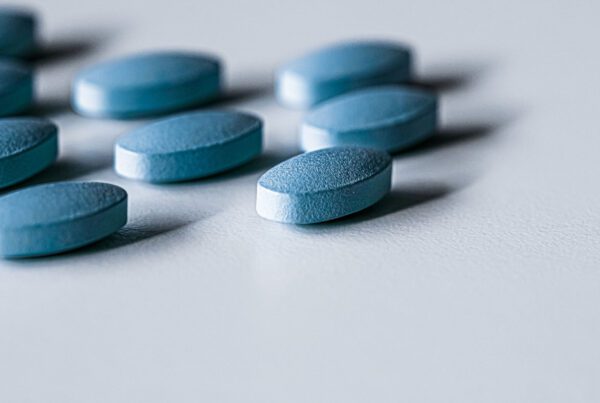
Table of Contents
Meth is among the most feared, abused, and misunderstood drugs. For many people, Meth is the ultimate taboo. The drug is seen as the most dangerous, the most likely to be abused, and the most likely to cause problems.
There are a lot of myths about meth use and fear-mongering that can make it difficult to deal with the very real problems of meth use and how to help people with an addiction.
People need to understand what meth use and addiction look like, what to look for when meth use starts to become an addiction, and why you should seek help if you have an addiction and want to overcome it.
Let’s talk about how to help someone struggling with meth addiction, how you can recognize the addiction for what it is, and what not to do when you’re dealing with an addiction or a loved one with an addiction.
Signs & Symptoms Of Meth Use
Often people who are using meth are already so desperate, upset, or addicted that they aren’t willing to look at their use for what it is, and they may not want to admit that they are using meth and especially may not want to admit that they have an addiction.
While many addictions require the person dealing with them to recognize what’s happening and reach out, that may not happen with someone addicted to meth, partly because of the extreme levels of stigma associated with meth use.
There are many reasons people who use meth might feel like they need to hide the truth of their use, and their possible addiction, even from themselves.
That means that it often falls to the people around the person using meth to recognize what’s happening, talk to them about it, and work on gathering resources to help them overcome their addiction.
Remember, it’s okay if these conversations are difficult and you don’t know where to start at first. That’s part of why we’re putting together this guide to help make the conversation a little easier to handle.
Here are some of the most common signs of meth use:
- Increased agitation
- Twitchy movements
- Seeming paranoid for no reason
- Keeping an unusual schedule – especially if they rarely seem to sleep
- Confusion
- Not remembering things accurately
- Seeming to get irritated or angry with very little provocation
- Increased risk-taking behaviors
- Acting out in ways that are unusual for the person acting out
- Increased bruising or scratches on the skin
- A sudden increase in jaw pain or dental problems
- Sudden or rapid weight loss
- Seeming unwilling to trust new people or unreasonable distrust of people in general.
All of these symptoms are relatively common with meth use and can be an indicator that there is an addiction at play.
Remember, while meth can addict in as little as a single use, meth use and meth addiction are still two separate things. You may want to approach someone about their meth use before it rises to the level of addiction (in fact, that’s a really good idea if you have the opportunity), but you shouldn’t accuse someone of having an addiction unless you’re certain that it’s true.
It’s also important when you’re thinking about approaching someone about their meth use to be careful about how you approach them. You want to stay a safe and trusted person, meaning you can’t put their back up or make them feel persecuted. Unfortunately, meth can make those symptoms more likely and harder to manage.
We’ll talk more later on about how you can approach a friend or loved one with your concerns and how you can help them get into recovery without alienating them.
Is An Addiction At Hand?: How The Symptoms Of Meth Use Can Point To An Addiction
While people addicted to meth often struggle to realize what’s happening, some symptoms can help people with a meth addiction recognize what they’re dealing with and how serious this is.
If you recognize yourself in the signs and symptoms we’re about to list, it may be time to consider that you’re dealing with addiction and both need and deserve help to recover from this problem.
If you’re worried about a loved one and recognize them in these descriptions, this may be a helpful resource to let them see what’s happening and why you’re worried.
Remember, worrying about someone shows how deeply you care about them. It’s not a sign that something is wrong or that they want to hurt you. Even if the concerns are baseless, someone being worried is usually a sign that they care about you deeply and profoundly.
Here are some of the physical signs of meth addiction:
- Loss of appetite, even when they aren’t actively using meth or between doses
- Weight loss, especially severe or sudden weight loss
- Scabbing and scarring from scratching at their skin
- Rapid and or irregular heartbeat
- Faster breathing or panting without physical exertion
- Increased body temperature/complaining about feeling hot all the time
- Feeling exhausted when you aren’t using
- Hitting a hard crash, even while using meth
Here are some of the psychological signs of meth addiction:
- Increased paranoia
- Feeling like everyone knows about your meth use
- Feeling like you need to hide your meth use
- Feeling like you’re constantly being watched
- Not wanting to sleep – especially if you aren’t sleeping because you want to or are using meth
- Feeling like you aren’t your best self except when you’re using
- Not liking how you feel when you use, but you don’t feel like you can stop
- Feeling like you need to take more and more meth to get the same results
- Not caring about the risks of using meth and continuing to take more until you get the desired high
These are only some of the many signs of meth addiction. Users may also grind their teeth more often, have gum and other mouth problems, and have more infections or illnesses due to drug use.
These problems are both direct issues with meth use and resulting from how meth is used. For instance, people who smoke meth may suffer respiratory problems because of the drug, while people who inject meth are at risk of complications at the injection site, as well as an increased risk of infections from dirty or shared needles.
Risks Of Leaving The Symptoms Of Meth Use Alone: Why You Need To Get Help For An Addiction Immediately
People dealing with a meth addiction and want to overcome it might feel like the only option is to quit cold turkey on their own. If that’s you, please keep reading and learn why that isn’t a good idea.
It’s great that you want to stop taking meth. That’s a good thing. But trying to stop on your own isn’t just difficult. It can also be dangerous and may leave you at risk of serious complications or death depending on your withdrawal symptoms and whether you end up using again after starting withdrawal.
There are a lot of possible complications here, and it’s important to have some support available while you’re withdrawing from meth.
For one thing, a range of long-term effects from meth includes both physical and mental side effects, which can complicate withdrawal and make it much more dangerous for the individual involved.
You’re also at a greater risk of dangerous complications if you don’t have someone around keeping an eye on you. Withdrawal from meth, especially if you’ve been addicted for a long time, can come with some serious side effects, including but not limited to:
- Anxiety
- Panic attacks
- Nightmares
- Loss of appetite
- Dehydration
- Fever
- Unconsciousness
- Nausea
- Vomiting
- Severe headache/migraine
- In rare cases, seizures
These symptoms get more potentially dangerous if you don’t remember to keep eating and drinking throughout withdrawal, which may be more difficult if you’ve been using meth because the drug naturally suppresses those urges.
Dehydration can lead to a wide range of medical complications that might need medical attention on their own, not to mention the additional complications of dealing with withdrawal.
Worse, since people who have been dealing with meth addiction are likely to have a range of health problems as a result of their drug use, you’re already at a higher than average risk of complications simply because of how meth interacts with your body, immune system, and ability to self-regulate and maintain homeostasis (the condition your body needs to survive and stay healthy).
Having someone keeping an eye on you and making sure you eat and drink normally, who is ready to call 911 if you start to have more serious complications, is a must. They can also help prevent you from relapsing partway through withdrawal, which is important because you’re much more likely to overdose on accident if you start taking meth again while in withdrawal.
If you’re serious about overcoming meth addiction or are worried about a friend or loved one and want to put together resources to help them overcome their addiction, keep reading. That’s what we’re going to talk about next.
How To Get Help If Struggling With The Symptoms Of Meth Use & Addiction
Meth is a seriously addictive and dangerous drug, so it’s important to have support and resources when you need them if you stop taking it.
That might look like having friends and family who are willing to spend time at your home and take care of you while you’re in withdrawal and make sure you’re safe and do not have any medical complications, or it might look like getting a medical intervention to help you overcome the addiction in a safer and more controlled environment.
Talking with your doctor about your addiction and concerns is a good first step if you want to learn more about the resources in your area that can help.
However, because overcoming meth addiction can be particularly dangerous and difficult, you may also want to consider going to a dedicated residential treatment center that can help manage your withdrawal, keep you more comfortable as well as safer, and also help you start rebuilding the coping methods you need to live a healthier life without Meth.
There are many options, and it’s worth researching to learn more about the different options, how they work, and what option you think will work best for you or your loved one.
If you’re ready to overcome meth addiction, want to learn more about the program, or want to see when a spot might be available for you or your loved one, contact a premier rehab center. We can help, and we’re happy to answer your questions in the meantime.
Using meth doesn’t mean you don’t deserve support and love.
You can get better and don’t have to do this alone. Let Ocean Recovery be here to help support you on your recovery journey.
Sources:
- Guarnotta E. Meth Addiction: Common Signs That Someone Is Using Meth – GoodRx – GoodRx. Published January 13, 2022. Accessed September 21, 2022. https://www.goodrx.com/conditions/stimulant-use-disorder/meth-addiction-symptoms
- Gans S. Long-Term Effects of Methamphetamine Abuse. Verywell Mind. Published November 1, 2021. Accessed September 21, 2022. https://www.verywellmind.com/meth-addiction-causes-effects-treatment-5666979
OCEAN RECOVERY EDITORIAL GUIDELINES
The internet contains a vast amount of misinformation, but when it comes to your health only peer reviewed, research centered data matters. At Ocean Recovery, all content published throughout our website has been rigorously medically reviewed by a doctorate level clinician, and cross checked for medical accuracy. Our editorial process helps our readers trust that the information they are consuming is factual and based upon scientific data. Your health is our top priority, find out more about how we safeguard the integrity of information on our website. Read More About Our Process






